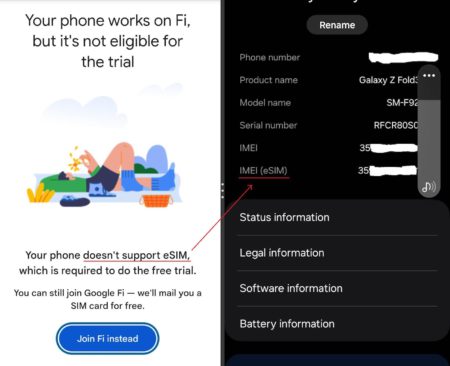Melissa, a provider of data quality solutions, is making it possible for customers to run its SQL Server Integration Services (SSIS) components in Azure Data Factory through the Azure-SSIS Integration Runtime. This brings the power of Melissa’s data quality features to the cloud, providing customers greater flexibility in where their data is stored.
SSIS is Microsoft’s ETL solution that allows companies to extract and transform data from sources like XML data files, flat files, and relational data sources, then load it into different data destinations, such as SQL Server, Azure SQL Database, Azure Synapse Analytics, or cloud storage.
“A lot of clients say ‘hey, we’re still using SSIS, and we would like to do the same thing, but not on my local machine anymore. Now we want to do it in the Azure cloud environment,’” said Ben Nguyen, sales engineer II and software engineer II at Melissa.
This led Melissa to create this integration that would allow its SSIS packages to be seamlessly moved to the Azure cloud. “The idea is that these packages have always been working for years and years now, and now they’re available on Azure Data Factory,” he said.
With this integration, all of Melissa’s main capabilities can be accomplished in the cloud using SSIS components in the Azure Data Factory, including:
- Validating and standardizing contact data, such as names, addresses, phone numbers, and emails
- Detecting and merging duplicates
- Analyzing data to discover patterns, find inconsistencies, and uncover opportunities for optimization
- Enriching customer and business records with additional data like property details, geolocation, and firmographics
- Keeping address records current using USPS and Canada Post change-of-address data
- Cleaning and transforming messy datasets using customization tools
Choosing between on-prem vs cloud
Nguyen said that anyone already working with SSIS locally will be able to migrate to the cloud easily. “They basically don’t have to change anything about their projects, or very minimal changes. They pretty much just migrate the entire project or package that they have used before onto Azure Data Factory and just run it there,” he said.
Many users would benefit from this new integration, though there are still some situations in which it might make sense to keep using SSIS locally.
For example, Nguyen explained that a lot of Melissa’s larger established customers typically have everything on-prem, from the SQL Server to physical machines to physical infrastructure. For those customers, it may make sense to continue using local SSIS.
Another type of customer that may continue to benefit from local SSIS are those with very sensitive data, who have a bit more independence from the internet and have a lot of components to their business that they run completely offline.
And finally, anyone running SSIS locally will benefit from extremely low latency. “Some of Melissa’s SSIS components work with a local API that reads from data files stored right on your machine or network. When you run these locally, they can process faster than storing the same files on the cloud.” he said.
Anyone else, Nguyen explained, will likely benefit from moving to the cloud. This is especially true for newer companies, which often don’t even have physical infrastructure; they do everything in cloud-based environments.
Doing things in the cloud allows for better scalability, especially for companies that go through peaks and valleys of need.
Additionally, Melissa has a lot of customers who are already doing things in an Azure environment, and are already limited to whatever tools work with Azure.
The post Melissa brings its data quality solutions to Azure with new SSIS integration appeared first on SD Times.
Source: Read MoreÂ

